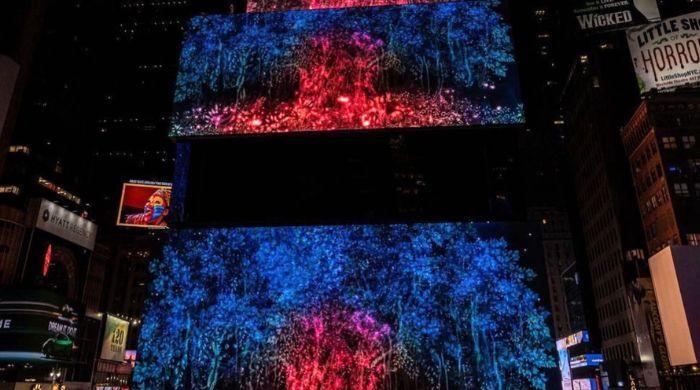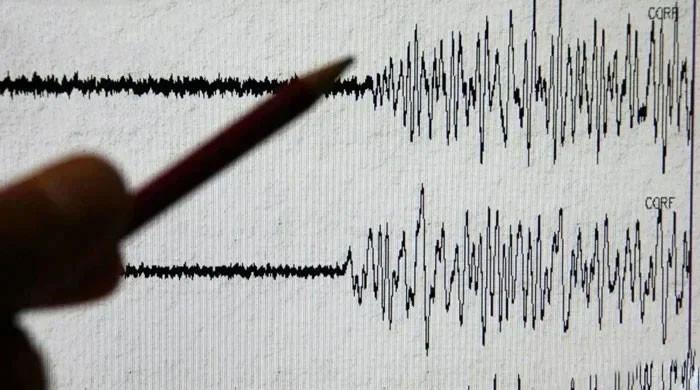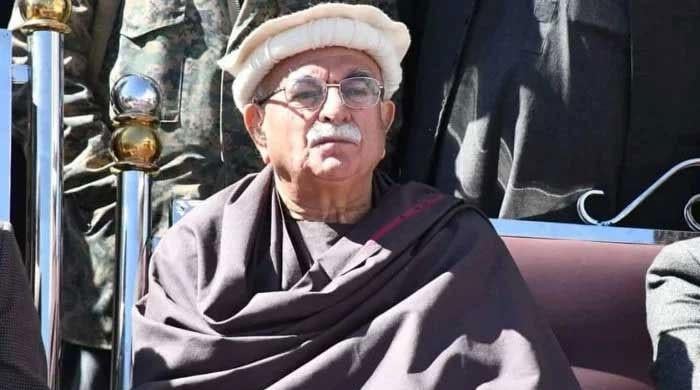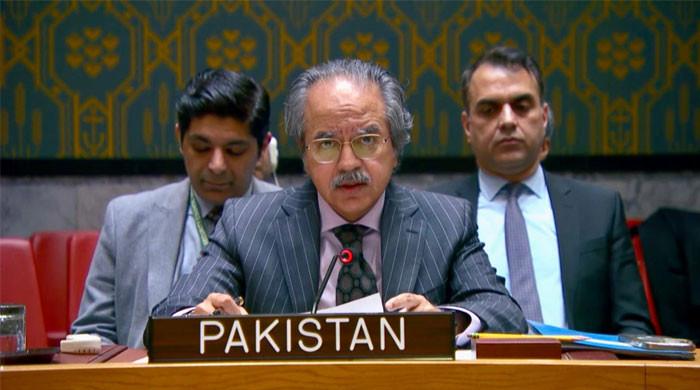Who won the War on Terror?
In some ways, Osama bin Laden and the purveyors of terror have won; they wanted to heighten tensions between Muslims and non-Muslims
September 11, 2021
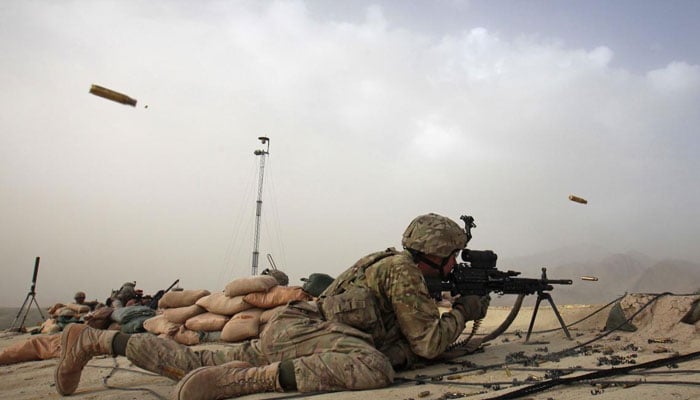
I know a former New Yorker. On September 11, 2001, he was working in his company’s British office. The day seemed normal at first: the usual tasks and paperwork lay ahead of him. Then, a colleague ducked his head around the corner and said that there had been a terrible accident. A plane had struck the World Trade Centre.
This former New Yorker took this news with a certain amount of calm. In 1945, a B-25 bomber hit the side of the Empire State Building after its pilot got disoriented by a fog patch. The Empire State Building is a solid cement and steel structure: the plane smashing into it did damage and 14 people were killed. However, the structure easily withstood the blow. This incident had passed into New York legend.
Despite the comfort of history, this former New Yorker went down to a company meeting room and switched on the news: live footage was being beamed out from America. Then the second plane hit. It was clear that this was not a terrible accident but a deliberate attack.
The rest of the day was a blur: the New Yorker’s mother was in the vicinity at the time, she often went to language lessons near the World Trade Centre. Phones didn’t work. Frantic calls yielded nothing. However, email still functioned: his mother said that she was fine. She had decided not to go into Manhattan that day. The New Yorker spent the night lying on a sofa in front of the television, watching the news for any updates. In retrospect, he said the moment was notable for a feeling of sheer helplessness.
We are at the 20th anniversary of that awful, hideous day.
No person of conscience can feel anything other than sorrow that it happened. The dead included rescue workers who were either caught up in the immediate maelstrom or suffered from damage inflicted by dealing with the dust and debris. Thousands perished, leaving behind grieving families and friends. A terrible set of wars were launched against “terror”. However, terror is a concept. How can one conquer this? How can a nation defeat fear itself?
In some ways, Osama bin Laden and the purveyors of terror have won; they wanted to heighten tensions between Muslims and non-Muslims. Prior to September 11, according to the New Yorker I know, the impression of Muslims within the United States was mixed. There were some negative portrayals in the media. However, there were also muscular films like one in the “Rambo” series which showed Muslims as heroes in Afghanistan.
To their limited credit, President George W. Bush and Prime Minister Tony Blair tried to stress that the “War on Terror” was not a war on Islam itself. However, nuance has a tendency to get lost in the fog of war.
War itself, first in Afghanistan and Iraq, provided fertile ground for further radicalisation to occur. The Taliban came back; Daesh came into being.
Politicians in the West like Donald Trump added fuel to the fire by talking about “Radical Islamic Terrorism”; Boris Johnson suggested Muslim women in traditional attire looked like letterboxes. The French passed draconian regulations aimed at eliminating the wearing of the hijab. These messages percolated into the consciousness of the mainstream media and the public.
In some ways, it seems that the divide between Muslims and their fellow citizens in Western countries is wider than ever.
Failures like the conflict in Afghanistan have delivered a terrible blow to the West’s credibility.
So, twenty years after the attack on the World Trade Centre, are there really any winners? Only those who relish hate and violence have cause to be satisfied with the outcome. Little has been resolved. The dead remain so. The tears that have flowed since that awful day are beyond counting. The vast majority, Muslim and non-Muslim, Western or Asian, white or black, have only cause to mourn.
The author is a solicitor in England. She tweets at @shahjhan_malikk






